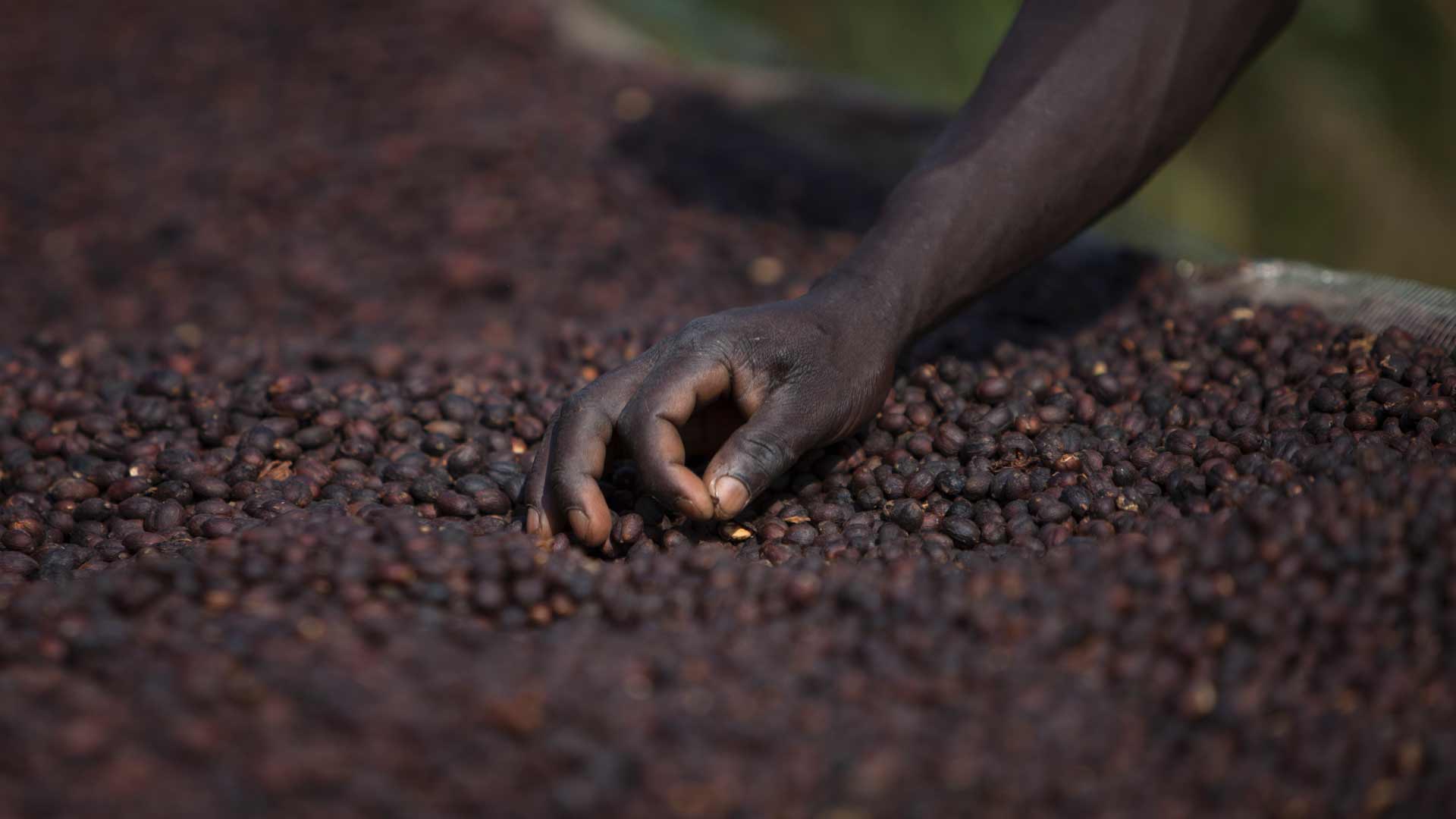Honey, spice and jams: micro-enterprises to improve livelihoods and protect forests in Ethiopia
Project Aim
The forest becomes more economically competitive through the development of community level micro-enterprises collecting, processing and selling Non-Timber-Forest-Products (honey/ spices/ fruits), thereby improving income for 5,000 people whose engagement in coffee harvesting is limited. Increased income from NTFPs will encourage communities to value the forest more highly; this in turn will develop further their existing forest monitoring activities to make sure that the forest and its biodiversity are protected and managed sustainably.
Project Contributes
The project contributes to the Convention on Biological Diversity and the Sustainable Development Goals.
Capacity Building
- Existing co-operatives: training to support coop members (at least 10 per coop, at least 60 in total) involved in developing micro-enterprises based in the six existing forest product coops operating in the four project districts with guidance from the existing project.
- At least 25 men and women per micro-enterprise (a total of 275 people), half of them women, will receive training and skill development in harvesting and processing forest products including quality control, marketing, managing expectations, meeting delivery timeframes and production volumes, and financial management
- Forest Management Groups (FMG): community leaders will be provided with training throughout the project period to develop their capacity to operate. A benefit sharing agreement between coops and FMGs sees coops pay a small percentage of their income to the FMG to support the work they do in protecting and monitoring the forest.
Beneficiaries
Approximately 5000 people across four districts will benefit from project activities. This area of southwest Ethiopia is ethnically diverse, with the project working with ten ethno-cultural groups. The project seeks to ensure women and minority ethno-cultural groups benefit from the project. A number of micro-enterprises will be women only and all ethnic groups will be helped to engage in these organisations.
Approach
The project takes a participatory approach that involves and engages communities, seeking to empower them and to build their institutions (such as forest management groups and co-operatives) and local government staff.
Collection and use of each NTFP varies by gender. This project will seek to redress gender imbalance in commercial activities by placing women at the centre of NTFP micro-enterprise development. Each district will have at least one micro-enterprise led by women, with women’s roles in the management of the coops and most micro enterprises enhanced.
The project works in partnerships with local NGO partner Ethio-Wetlands & Natural Resources Association (EWNRA), local government and private sector partners.
The project takes a landscape perspective - taking account of the linkages between different components in the landscape (homesteads, backyard gardens, fields/grazing land, and forest).
NTFP Micro-Enterprises project (NTFP-ME)
The NTFP Micro-Enterprises project (NTFP-ME) works closely with the Community Conservation of Wild Coffee project which works across 100,000 hectares of forest and 80 communities to protect the wild coffee stands and unique wild coffee genetic resources in the forest, improve the sustainability of the forest management arrangements and increase benefits for the local communities.

